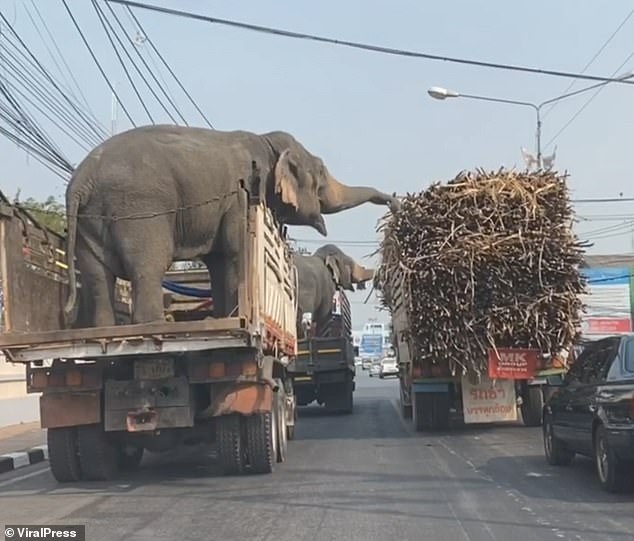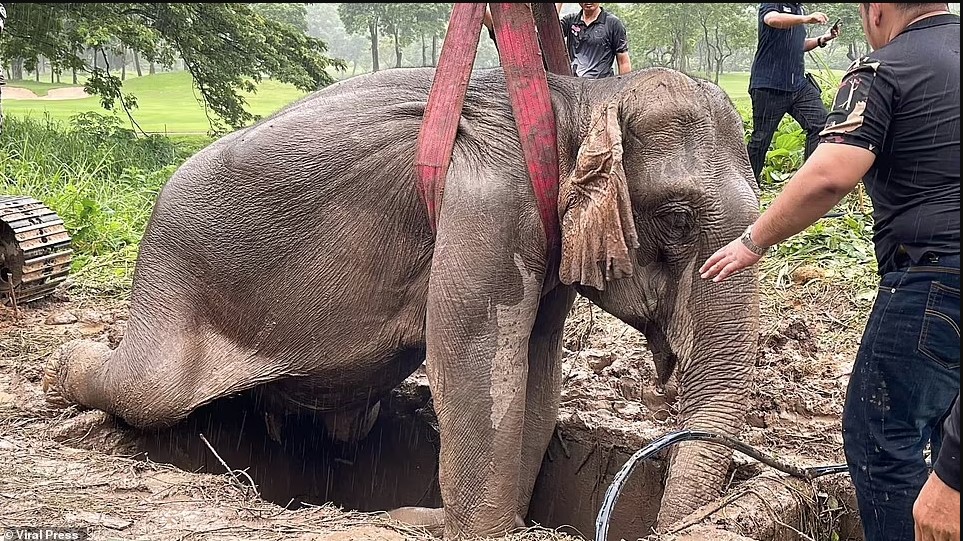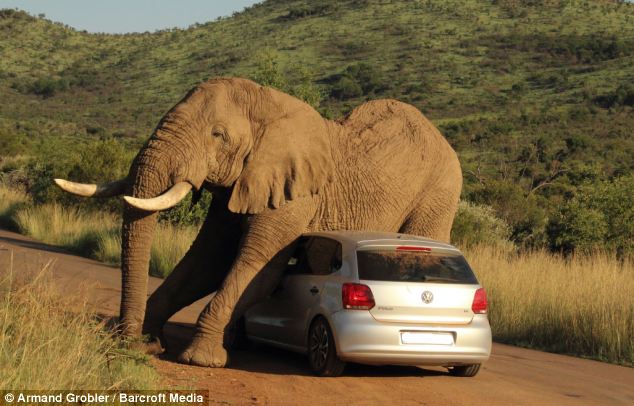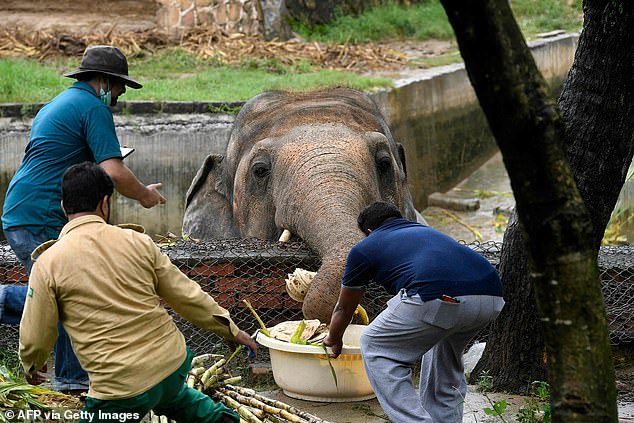The humpback whale carcass was successfully towed into the ocean and anchored near an offshore reef on Friday . Sharks and other ocean predators quickly moved in to take advantage of the sizeable free meal. (Scroll down for the full story.)
 © Claire Sladden
© Claire Sladden © Claire Sladden
© Claire Sladden
__
Earlier this week, a team from the Dolphin Encountours Research Center responded to reports of a stranded humpback whale on a beach in Ponta do Ouro, Mozambique. When the crew arrived on the scene, the whale – believed to be a juvenile – was lying motionless in the shallows while a crowd of onlookers steadily grew.
 Image: Angie Gullan/Dolphin Econtours Research Center
Image: Angie Gullan/Dolphin Econtours Research Center Image: Angie Gullan/Dolphin Econtours Research Center
Image: Angie Gullan/Dolphin Econtours Research Center The team measures a shark bite on the humpback carcass. Image: Angie Gullan/Dolphin Econtours Research Center
The team measures a shark bite on the humpback carcass. Image: Angie Gullan/Dolphin Econtours Research Center
With the assistance of Dr Jennifer Olbers from the KZN Marine Stranding Network, an assessment was carried out and it was determined that the humpback was in a poor state. Unresponsive, riddled with lice, and struggling to breathe, the whale had little chance of survival and a tough decision was made to let nature take its course.
Fillimone Javane, a guard for the Ponta do Ouro Partial Marine Reserve (PPMR), together with his team, helped relay information to the gathering masses, while citizen scientist and founder of the Dolphin Encountours Research Center, Angie Gullan, got to work collecting samples and taking measurements.
Once data had been collected, the team – facing growing pressure from onlookers – decided to allow meat to be harvested from the humpback. “It was made known that we did not know why the whale had died and consumption of meat was at one’s own risk,” Dolphin Econtours Research Center wrote in a press release.
With much of the carcass removed, the incoming tide brought with it a number of sharks. Warnings have been issued to bathers in the area.
This is the 26th stranding that has been recorded in the Reserve since the organisation began operating in the area.








